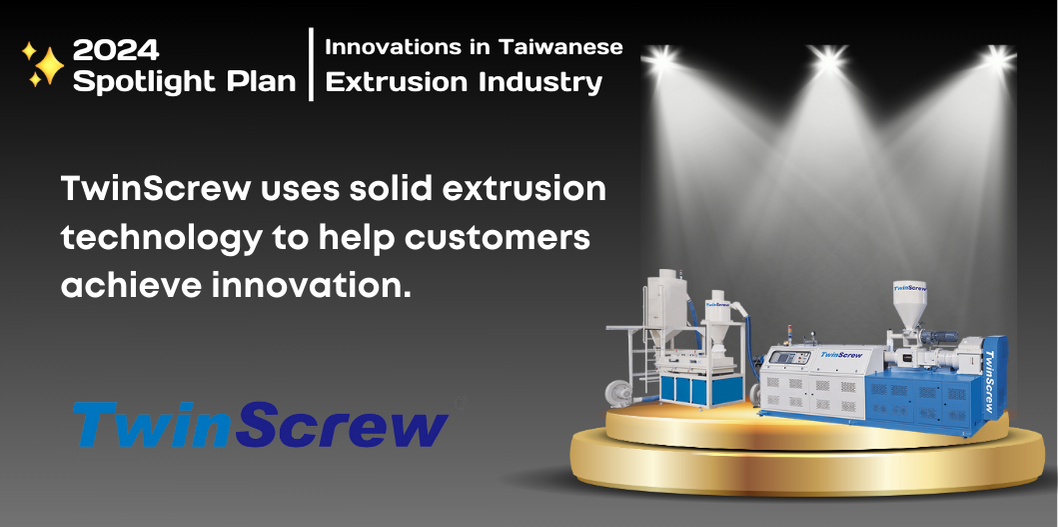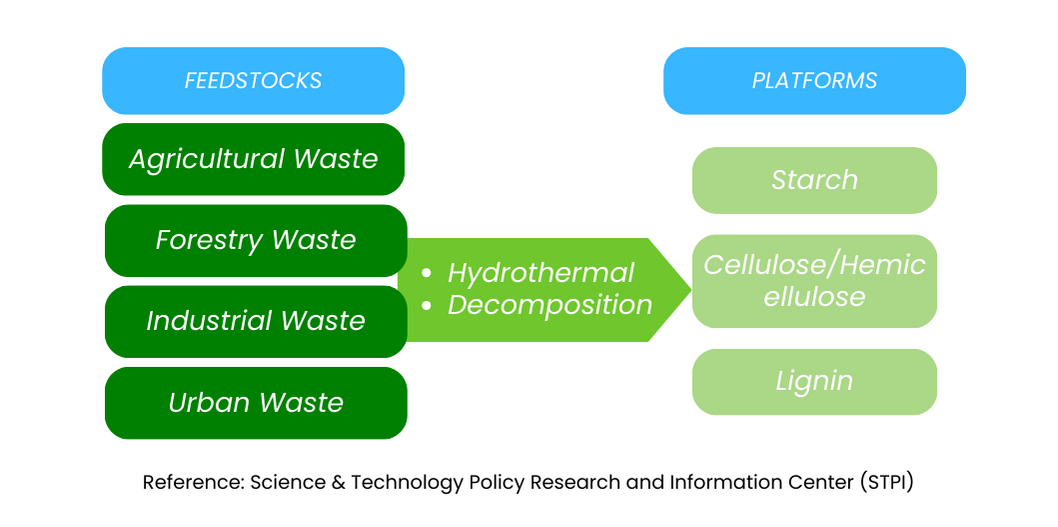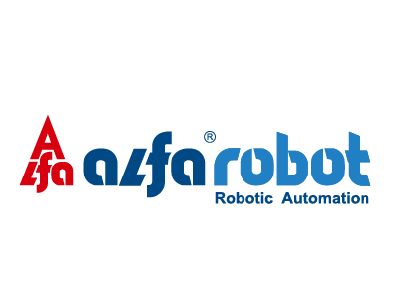TwinScrew Uses Solid Extrusion Technology to Help Customers Achieve Innovation!

Looking at the current global trends in plastics and rubber, aligning with ESG (Environmental, Social, and Governance) practices is a major mainstream. Whether it's plastic and rubber products, machinery, automation, or raw materials, everything is moving towards the "green transformation" for a sustainable Earth.
Green materials are the core of the green transformation
"Green materials" are the key focus of all development. According to the 1992 United Nations Earth Summit in Rio de Janeiro, there is a clear academic definition of green materials: "Materials that have the least impact on the Earth's environment and are harmless to human health in terms of raw material extraction, product manufacturing, application processes, and recycling after use."
Green materials development in various countries generally includes: recycled materials, purified materials, renewable energy materials, and green building materials.
Different from traditional petrochemical materials, which are sourced from refining and processing petroleum, green materials are sourced from biomass, such as crops, plants, agricultural waste, industrial waste, or urban waste. To produce plastic pellets with plasticity from refined biomass materials like lignin, cellulose, hemicellulose, and starch, high-end extrusion technology is required to manufacture high-quality bioplastic pellets.

From petrochemical materials to green materials, the most difficult part of innovation is facing the unknown and still persisting
TwinScrew has over 36 years of experience and technology in extrusion manufacturing processes, specializing in PVC twin-screw extrusion equipment manufacturing processes. From pelletizing to producing shaped sheets or pipes, TwinScrew has received unanimous praise from customers worldwide.
As the world moves towards sustainable development and renewable bio-plastics become a trend, especially after the EU implemented the Single-Use Plastics Directive in 2018, accelerating the reduction of plastic use in various countries, the development and innovation of green materials worldwide have been promoted.
TwinScrew also assisted customers in innovation in 2018, successfully launching twin-screw extrusion pelletizing equipment using starch and cellulose as the main raw materials. With the help of more customers entering the field of low-carbon bio-plastic pelletizing and extrusion systems for recycled bio-materials, TwinScrew has accumulated a rich database of parameters, as well as experience and technology in research and development, and has now become the most trusted supplier of solutions for recycled bio-plastics.
Why could TwinScrew quickly transform into a green materials equipment manufacturer? And successfully assist customers in innovating various bio-plastic extrusion machines? What is the most difficult part? How to break through it?
Mercedes, TwinScrew's business manager, pondered for a moment, pointing out that the biggest challenge in jointly developing innovations with customers is facing the unknown uncertainty, requiring repeated assumptions, attempts, tests, failures, and retries. This involves investing upfront costs, not just in manpower but also in manufacturing costs. No one knows how long it will take, and no one knows when it will succeed, sometimes because it is a biomaterial, from theory to realizing the actual formulation of plastic materials, there is no answer.
"Especially when customers themselves cannot provide a standard answer, facing this situation is the most challenging test of determination and the biggest challenge in investing in research and development innovation." Mercedes continued with a wry smile, "Why is TwinScrew willing to invest? Because if you don't do it, there is no way out. We know that sustainable environmental protection is the future of the plastics and rubber industry. If you don't do it, others will, and besides, TwinScrew is not entirely without certainty."
Her tone changed, revealing a hint of confidence. "We are also quite experienced in the field of extruders, especially twin-screw extruders. Plus, over the years, we have been exploring various biomaterials with customers, so we have also figured out some tricks."
In conclusion, the green transformation in plastics and rubber is well underway. With a focus on green materials and sustainable practices, companies are not only meeting ESG standards but also paving the way for a more sustainable future. As TwinScrew demonstrate, the key to success lies in embracing innovation and facing the unknown with confidence.
About TwinScrew

TwinScrew : Helping Customers Manufacture High-Value, Low-Carbon Bioplastic Pellets
TwinScrew is founded in 1988, the first company engaged in the manufacture of PVC parallel counter-rotating Twin-Screw Extruder in Taiwan. Since 2018, TwinScrew's extrusion and pelletizing systems have been used to manufacture low-carbon, sustainable products using extrusion or injection molding processes. Many of these products have been certified by leading organizations such as DIN CERTCO and successfully launched in the market. Thus,TwinScrew is a leading provider of renewable bioplastic solutions.




















